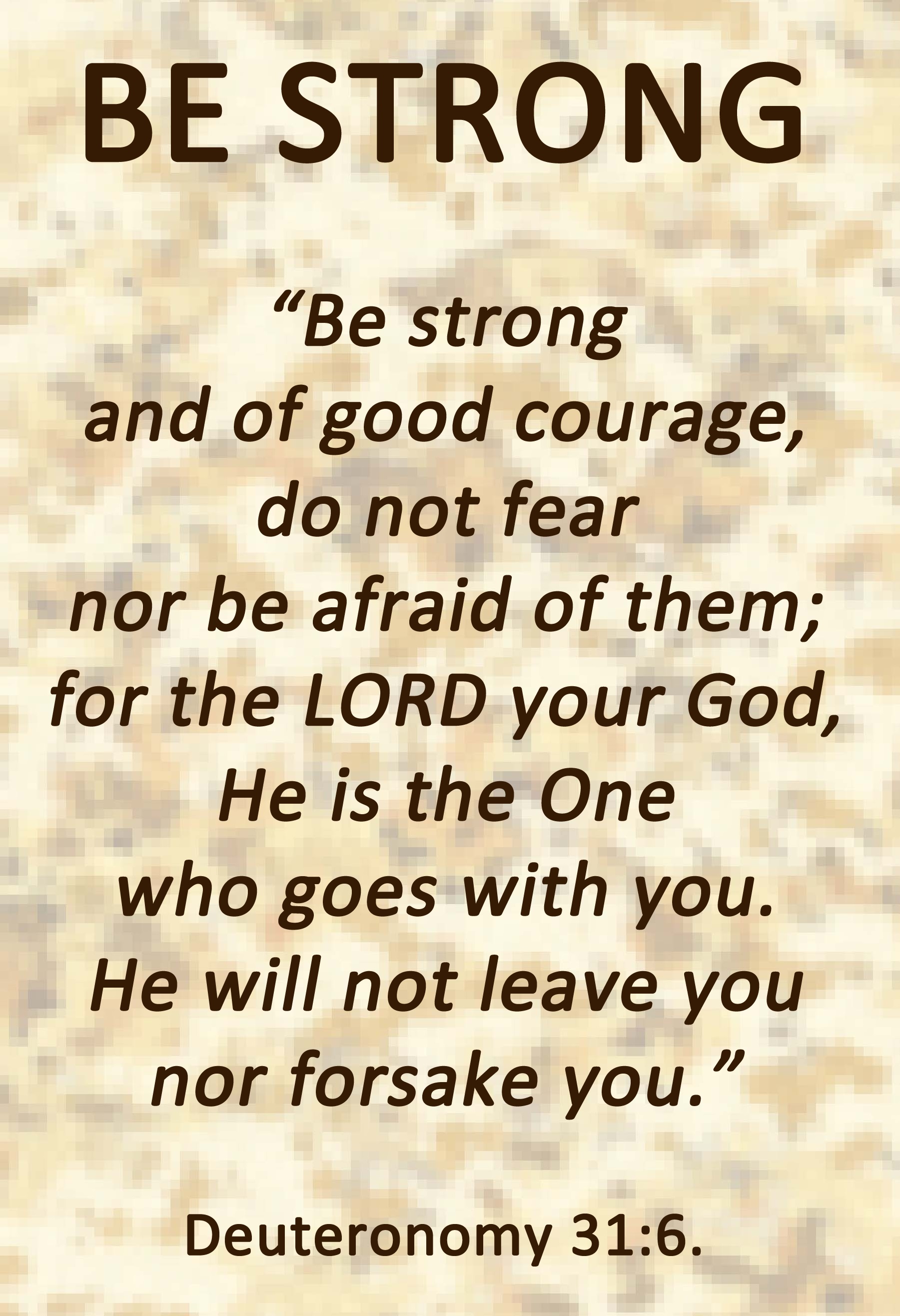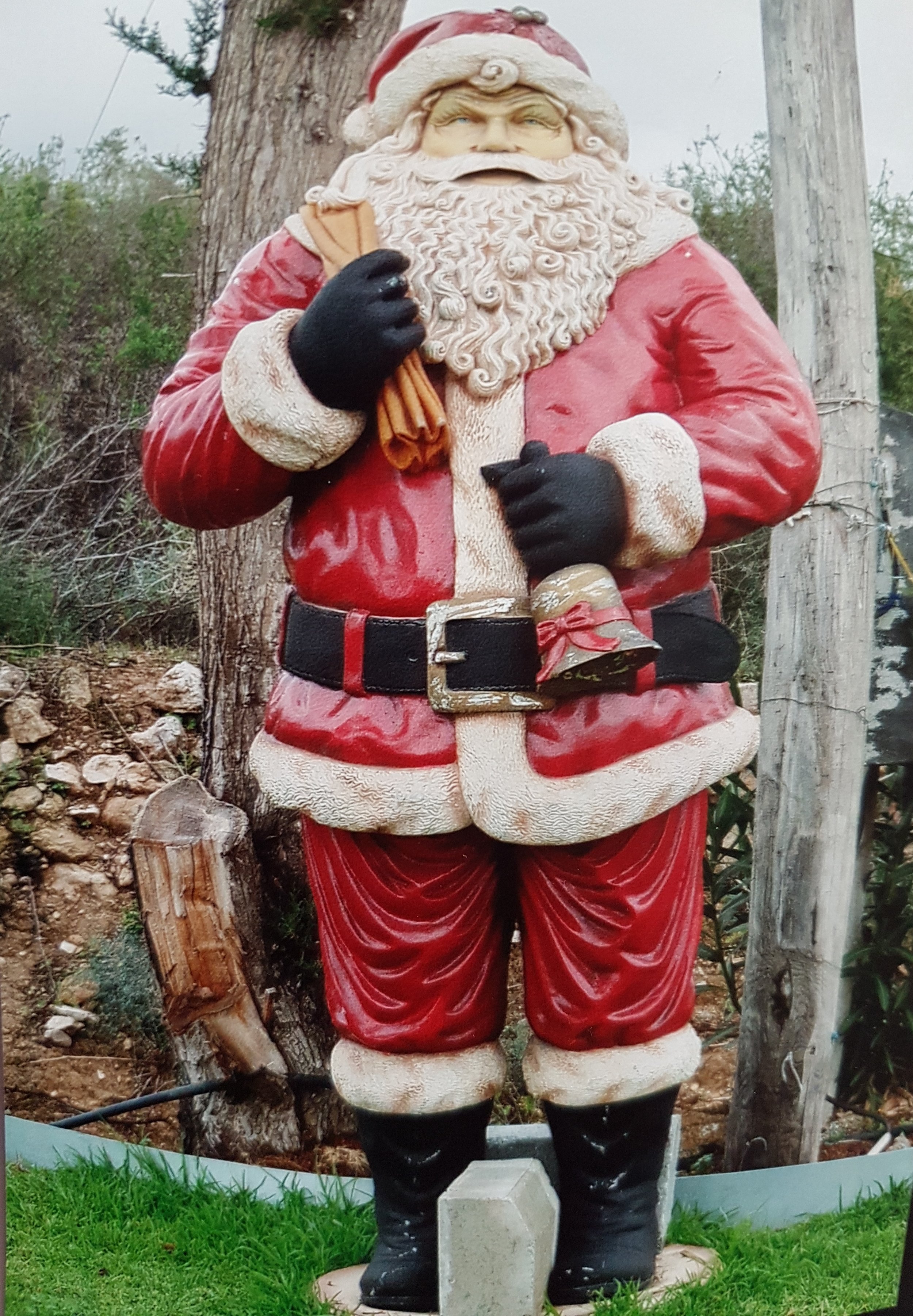Fragments from a diary continued
/The nose bleeds increased in frequency, this started to scare me because there were times when I could ‘hear’ little slingshot ‘explosions’ inside my head. It was the beginning of my lifelong battle with high blood pressure. Like the experienced painter, I knew that I would have to keep stretching the canvas. I remember, too, when sleep would finally approach to bow before the icon of the weeping prophet, Jeremiah, and to entreat him for his intercessions for he knew better than most that place of the lamentations. I would then cross my body with holy oils from Mother’s collection to be ‘prepared’ for I could not be sure that I would live to see the next day. The thought of suicide had begun to again infiltrate my mind and would gradually become one of my most unforgiving demons. The more I wanted to put an end to my life, the more I wanted to live. It was this that made it all the more unbearable and excruciating. The unregenerate and the regenerate life-forces within me were fighting for control. They would oftentimes spill into each other, like unconscious memory which streams into the present.
This is close as I would come to some intellectual comprehension of the harmony and dichotomy of that heartbreakingly iconic pericope where most in Christendom have drawn their sense of faith and divine providence from, “Going a little farther, he fell with his face to the ground and prayed, “My Father, if it is possible, may this cup be taken from me. Yet not as I will, but as you will.” (Matt. 26:39)
Organizations to a large extent help shape identity which makes individuals definable and recognizable. How much more faith-based institutions with their overwhelming references to community and fidelity. I had lost my identity or at least very large pieces of it. My identification with the Church was ‘total commitment’. It was everything for Christ. I felt abandoned and whatever gifts I might have once possessed I now considered wasted. Already in the grip of that horrible feeling of having the life sucked out of you, left with nothing: an empty shell. There is a marvellous title to one of Philip Roth’s books that describes this condition perfectly, The Humbling, even the first line: “He had lost his magic”.
There were more pieces to the puzzle which would catch me by surprise and often enough shock me, this troubling restlessness within me and my inability to compromise were together friend and enemy. I had this overriding sense of a ‘constant homesickness’. It was nostalgia for something I had lost, or perhaps had never even possessed. Maybe, I had somewhere scribbled in a book of notes, it was something like the ‘youzi’: “the wandering man” of the great Chinese poetic canon of the Six Dynasties gripped by the need for spiritual fulfilment he would go on journeys both real and imaginary. But I knew, somehow I knew though I could never quite explain it to myself or to others, that while I had great appreciation for the drama and lessons of Sisyphus I did not too often, even during the most difficult of days feel myself to be condemned to a senseless cycle of repetitions. I could ‘see’ or ‘sense’ sometimes clearly and other times more dimly the light at the end of this long and dark tunnel.
We leave a place never to return, but we spend the rest of our life reflecting over it and going back, often without realizing it. For me this location is ‘Redfern’, it is both a physical and spiritual place. It is the Greek Orthodox Cathedral and my religious name, Jeremiah. It is the priesthood and where I was tonsured into another existence. We never can wholly abandon these places. They become oracles to be written on the inside of our bones. It is like Joyce who was desperate to leave Dublin but never could, and Faulkner who thought he could escape Lafayette County, or more recently Armen Melikian in Journey to Virginland who cannot forget Armenia despite his exile from the homeland of his forefathers. These writers like many others, spend a great deal of their lives going back. The clever thing is to admit to our ‘longing’, to embrace it, to take what is good and to transform the rest. The nostalgia, this longing unto sickness to return, is not all bad and is the central refrain in one of our earliest ‘blockbusters’, the great Homeric epic, The Odyssey.[1]
As you set out for Ithaka
A number of Cavafy’s poems re-work the Homeric myths. Ithaka is the most famous and the last of these designated “Homeric poems”. The first time I heard this masterpiece read, in its original tongue, was when I was still an undergraduate studying Modern Greek at Sydney University in the early 1980s. It was either Michael Jeffreys or Alfred Vincent who recited it for us. Outside the poetry of the paschal canon it had struck me then as the most beautiful thing I had ever heard. I could not have imagined then, young and forward-looking, that there would come a time when hardly a few weeks would pass when I did not ‘return’ to Constantine Cavafy’s luminous Ithaka. “And if you find her poor, Ithaka won’t have fooled you. Wise as you will have become, so full of experience, you will have understood by then what these Ithakas mean.”[2]
Dwelling
“It’s both a noun and a verb. It holds both spatial and temporal meanings. It has taken on a negative connotation of immobility and paralysis, and at the same time it is a word, like home, that evokes powerful positive associations. What is this strange split in our psyche, this ambivalence about residence? The word itself embodies the tension between our awareness of perpetual change and our desire to have something solid and unchangeable to hold on to as we move through the world. It is a beautiful word in just this way, balancing yin and yang, reminding us that it is always possible to find movement within stillness, and stillness within movement.”[3]
Saint Sabbas Monastery
And so I moved on, to the cold and fiery desert. But not idealizing any place for earth is still earth. “There never was, and never will be a place on earth free from sorrows. The only sorrow-less place possible is the heart, when the Lord is present there.” (St Nikon of Optina)
Founded by Saint Sabbas in 483 [478?] CE and overlooking the Kidron valley in the Judean desert, The Holy Lavra of Saint Sabbas the Sanctified is reckoned the oldest ongoing inhabited monastery in the world.[4] In Arabic it is known as Mar Saba. To see this marvel of building ingenuity with its honeycomb architecture where one cell connects seamlessly to the next and a little chapel takes you through to another larger one; where hidden staircases and underground tunnels lead to secret antechambers and to escape routes; and deep blues and earthen reds and golden browns shimmer resplendently in the sun, is to imagine a mysterious jewel in the desert. On walls you will find the signed graffiti of young boy monks who grew-up to become old and venerated Patriarchs. I came to this legendary place once ‘heaven’ to hundreds if not thousands of monks (if you are to include the mountainous surrounds) now down to fewer than a dozen, after having resigned from my teaching post when I had not only discovered the name of my ‘benefactor’ but also found it increasingly difficult to settle into my ‘new’ layperson persona. This was no simple pilgrimage. I arrived seeking to make atonement in what is considered the harshest monastery in Christendom, to find a way with the help of Abbot Seraphim (who was one of the “three”) to make some small amends for taking my hand off “the plough”. I also wanted to discover if I could live here, in the desert where there are no games, as one of the monastic community.
And if Katina’s high school reunion was held a day earlier or a day later than on that fairy-tale February evening in 1994 where without any warning I asked her to marry me, I would have returned. My cell already decided [I had asked for the ‘luxury’ of a book rack and for the window to be repaired], there to spend the remainder of my natural life.
I’ve been through the desert
“I’ve been through the desert on a horse with no name, It felt good to be out of the rain. In the desert you can remember your name, ‘Cause there ain’t no one for to give you no pain.
La,la,la,la,la,la,la,la,la…”
[1] Here is a very good little discussion on the relevance of Homer’s Odyssey which you can share with family and friends: http://theconversation.com/guide-to-the-classics-homers-odyssey-82911
[3] Andrew Peterson, The Next Ten Minutes, (Atria Books: New York, 2010), p. 251f.
[4] https://orthodoxwiki.org/Holy_Lavra_of_St._Savas_(Jerusalem)




